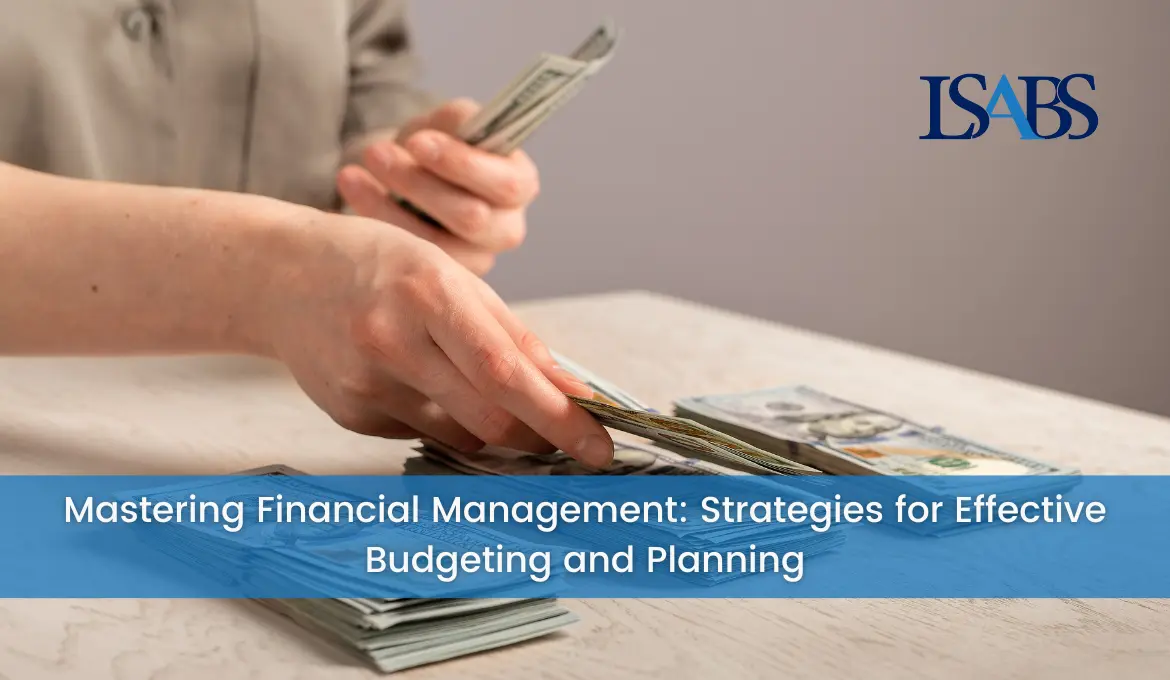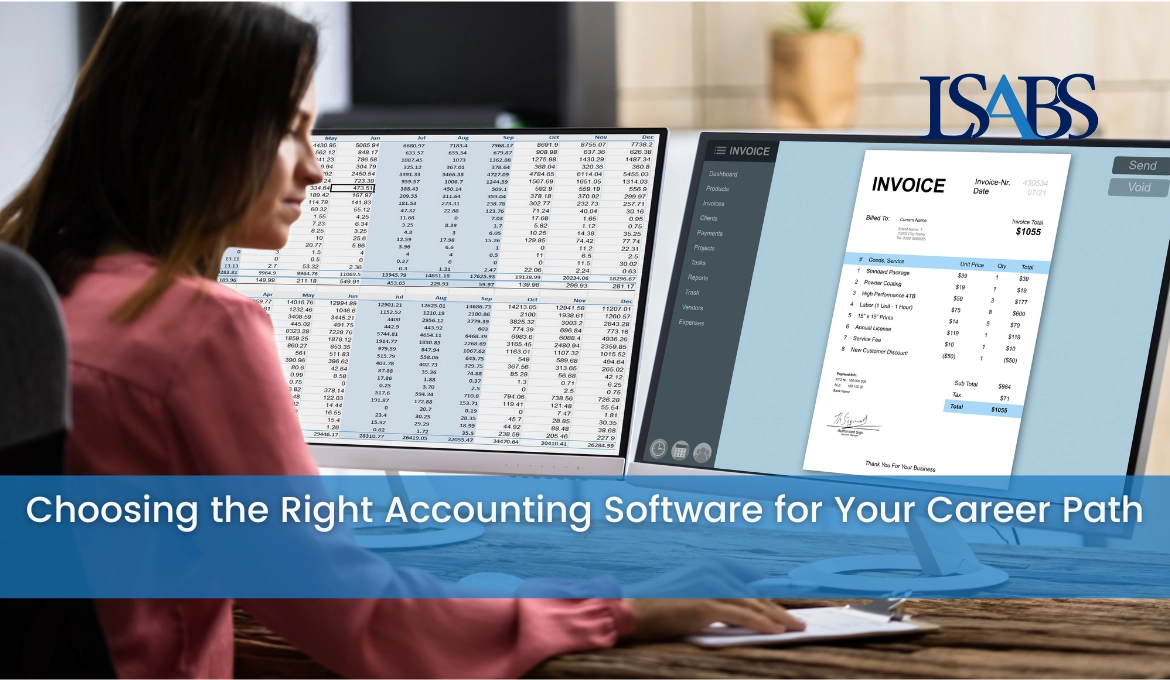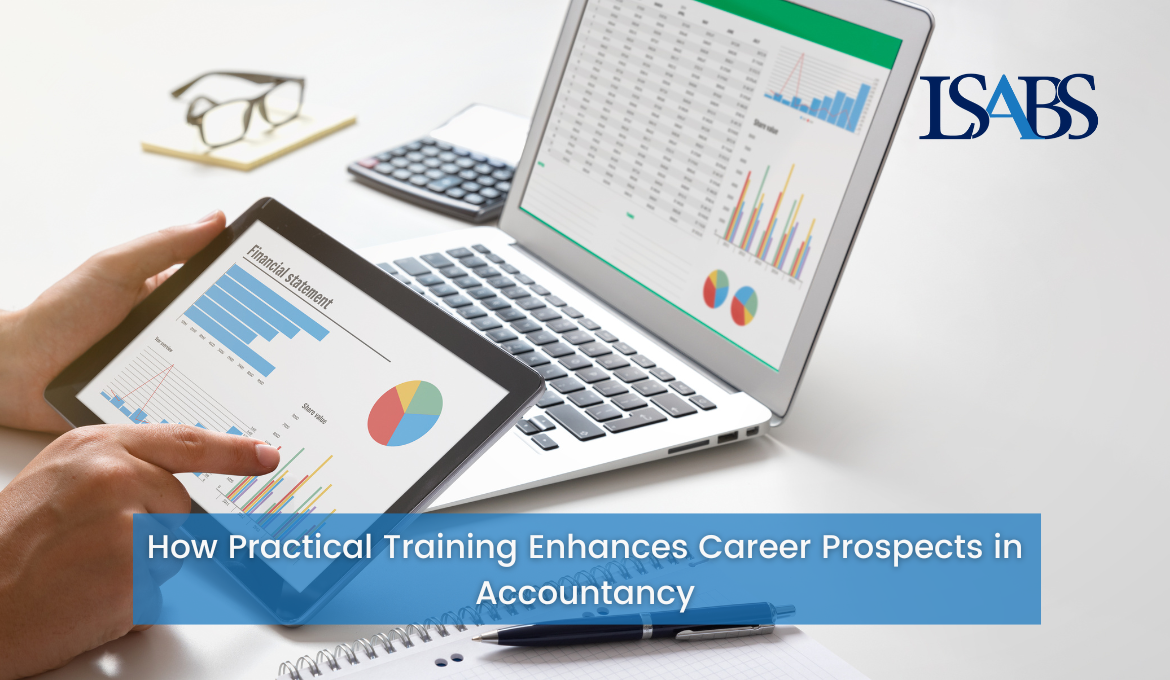Mon-Sat, 8.00-18.00. Sunday CLOSED
Mastering Financial Management: Strategies for Effective Budgeting and Planning
Nov 20, 2023
Financial management is the lifeblood of any successful organisation, whether a small business, a multinational corporation, or even your personal finances. It's the art and science of making informed decisions about money, including budgeting, investing, and planning for the future.
This guide will explore the key strategies for mastering financial management, specifically focusing on effective budgeting and planning.
Understanding Financial Management
Financial management encompasses a range of activities and processes designed to help individuals and organisations make sound financial decisions. These decisions can relate to:
- Budgeting: Creating a detailed plan for income and expenditures.
- Investing: Allocating funds to grow wealth over time.
- Risk Management: Identifying and mitigating financial risks.
- Financial Reporting: Maintaining accurate financial records and preparing financial statements.
- Strategic Planning: Developing long-term financial goals and strategies.
Effective Budgeting
Budgeting is the cornerstone of financial management. It's a critical tool that allows you to plan your financial future. Here's how you can master effective budgeting:
- Setting Clear Goals: Start by defining clear financial goals. Whether saving for a vacation, buying a home, or funding your retirement, knowing what you're working towards is essential.
- Create a Detailed Budget: The budget is a roadmap for your finances. Prepare a list of all your income sources and expenses and categorise them. This includes fixed costs like rent, mortgage, etc. and variable ones like entertainment or dining out.
- Monitor and Adjust: Once your budget is in place, monitoring your spending is crucial. Tracking expenses can help you identify overspending areas and adjust your budget accordingly.
- Emergency Fund: Always keep some budget for an emergency fund. This financial safety net covers unforeseen expenses like medical bills or car repairs.
- Automate Savings: Set up the automatic transfer facility to your savings or investment accounts. This ensures that you consistently save or invest a portion of your income.
- Debt Management: Budgeting should also address any existing debts. Make a Plan to pay them off systematically and avoid accumulating high-interest debt.
Effective Financial Planning
Budgeting is just one component of financial management. The larger picture involves comprehensive financial planning. Here are some strategies for mastering this aspect:
- Define Your Objectives: It would help to understand your long-term financial objectives clearly. These include buying a home, sending your kids to college, or retiring comfortably.
- Assess Your Current Financial Position: Take stock of your current financial situation. How much do you earn, own, and owe? This assessment forms the foundation of your plan.
- Create a Financial Plan: A financial plan outlines how you'll reach your goals. It involves a timeline, specific actions, and investment strategies. Look for advice from a financial planner or advisor if needed.
- Diversify Your Investments: Diversification distributes your investments across various asset classes, reducing risk. Real estate, stocks, bonds, & mutual funds are standard investment options.
- Retirement Planning: A substantial part of financial planning should focus on retirement. Determine how much you need for retirement, and create a plan to achieve that.
- Review and Adjust Regularly: Financial planning isn't static. As life changes, so should your financial plan. Regular reviews and adjustments are crucial to staying on track.
Your Financial Journey, the bottom line
Mastering financial management is a lifelong journey with significant rewards. Effective budgeting and planning are essential for achieving financial goals, whether for individuals securing family futures or businesses striving for success. The key is to start now and master financial skills.
Simultaneously, the power of digital accounting opens new possibilities for accountants. Embracing technology, data analytics, and digital tools is crucial for future-proofing careers in this evolving field. Continuous learning, adaptability, and a willingness to embrace technology are vital for long-term success in digital accounting, promising future-proof employment with growth and success.




